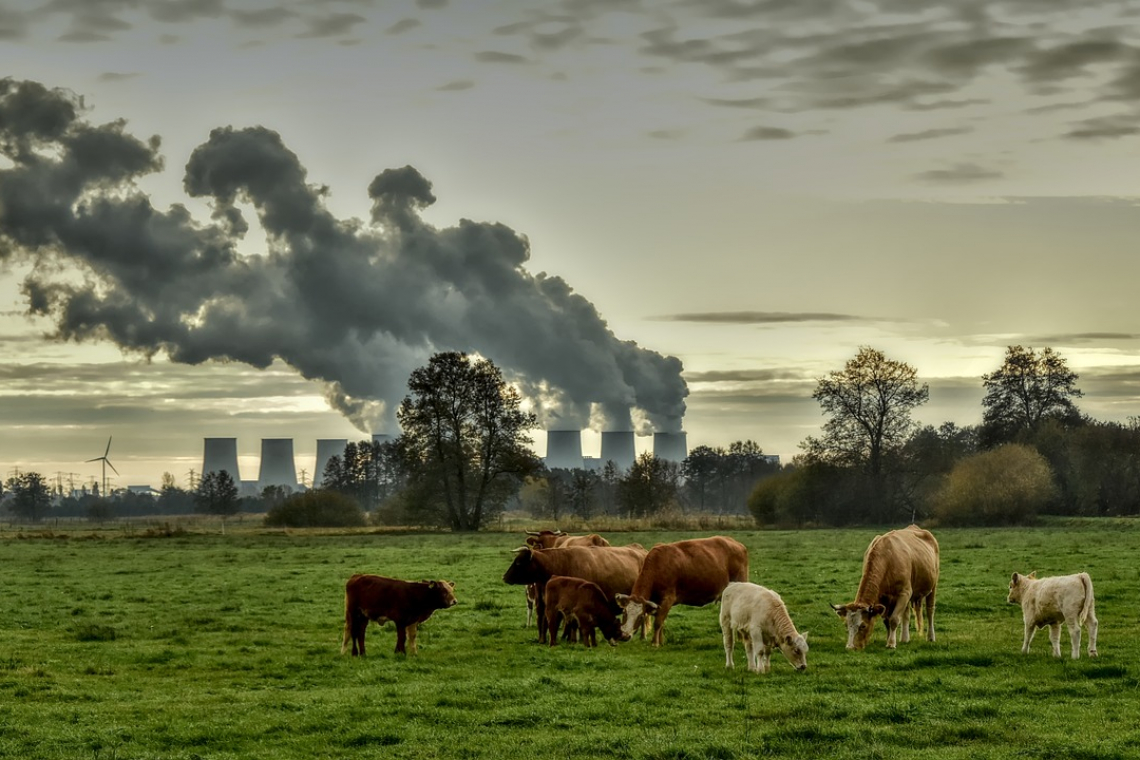"Is the end of the world coming - or not?"
Hannah Ritchie, a Scottish data expert, has looked at the environmental science figures that suggest the end of the world is coming. The Oxford-based global development scholar is not convinced that the planet is doomed and has now written a book whose title says the opposite: "Not the End of the World". The German translation will be called "Hope for the Desperate" and will explain "how we as the first generation can make the earth a better place", a "sustainable planet". Air pollution, climate change, dying forests, food production and consumption, loss of biodiversity, plastic waste in rivers and oceans and overfishing of the seas. Reading this list, it is easy to come to the conclusion that the world is coming to an end. Hannah Ritchie provides the answer as to how one can be of the opposite opinion - and while reading, one is repeatedly amazed and realizes that in the future it is not so much the end of the world that is to be expected, but rather the opposite. Time and again, Hannah Ritchie makes it clear that things are often completely different than you think, even in a very simple example. It concerns the question of which people emit more climate-damaging emissions into the air through their mobility - city dwellers or the rural population. The first answer that comes to mind is car traffic with its endless traffic jams in the inner districts of cities, while the fresh air that people can breathe in the countryside comes to mind. But as eco-friendly as village life seems, and as noisy as the struggle for survival in downtown may seem, in the above consideration, what is called public transportation has been forgotten. Ritchie thinks it's great to simply hop on a subway train in London to reach her urban destinations conveniently and cheaply, while also blowing very little carbon into the air. Anyone who, like the author, takes a close look at the emissions data inevitably comes to the conclusion: "People in densely populated areas are responsible for fewer greenhouse gases." Should as many people as possible now move to the cities to save the planet? If they still cycle or walk in urban areas, they are already very close to the big goal. The residential areas will also be as quiet and the air as clean as in the countryside. What more could you want?


